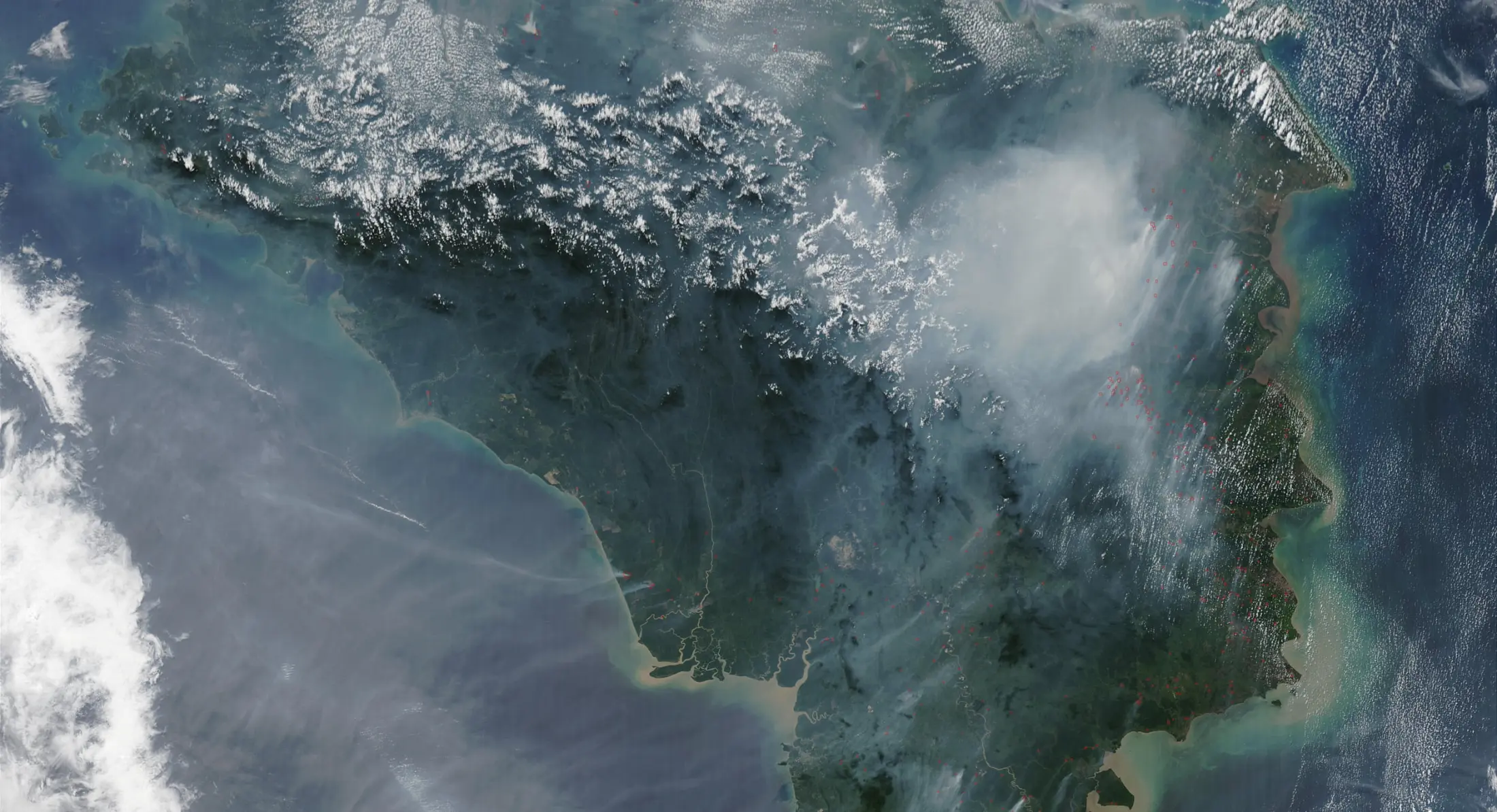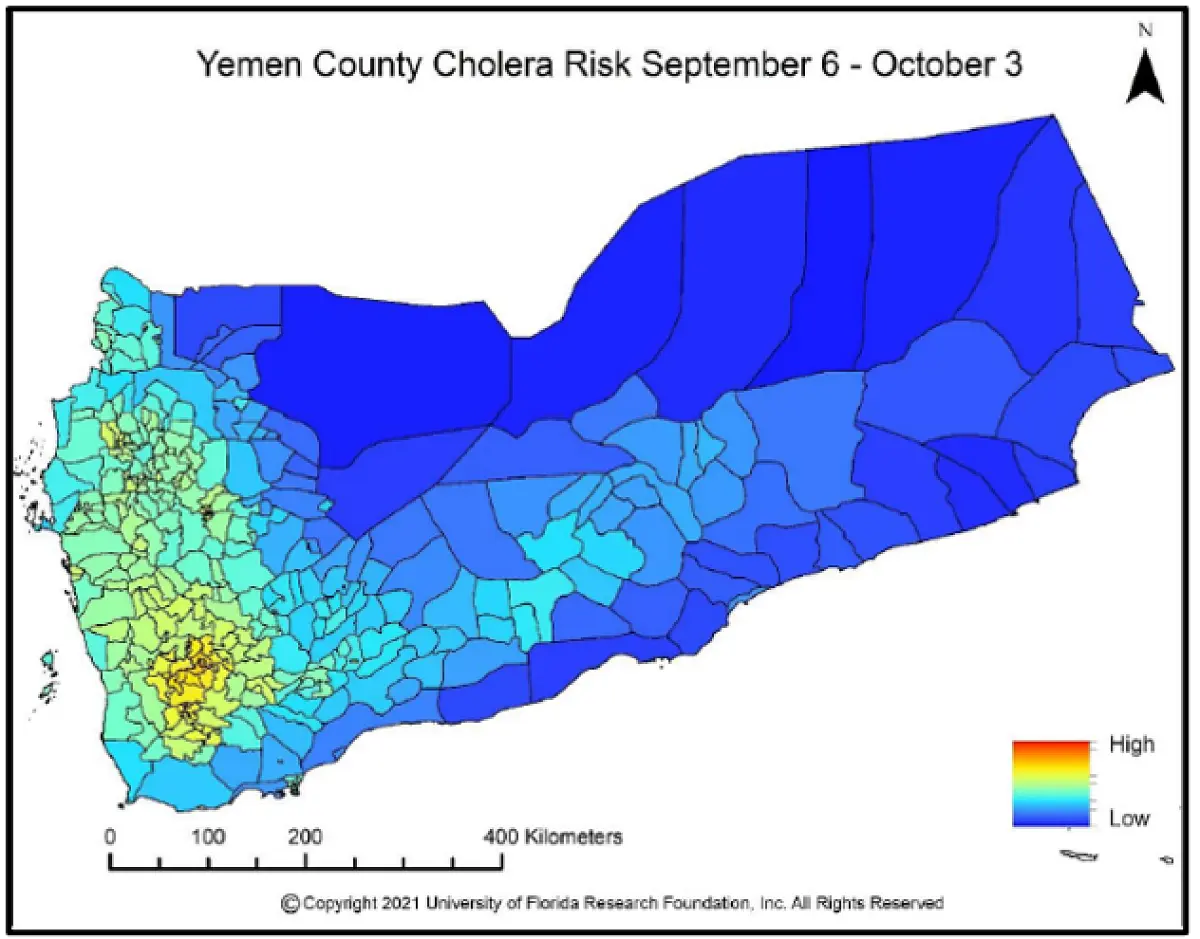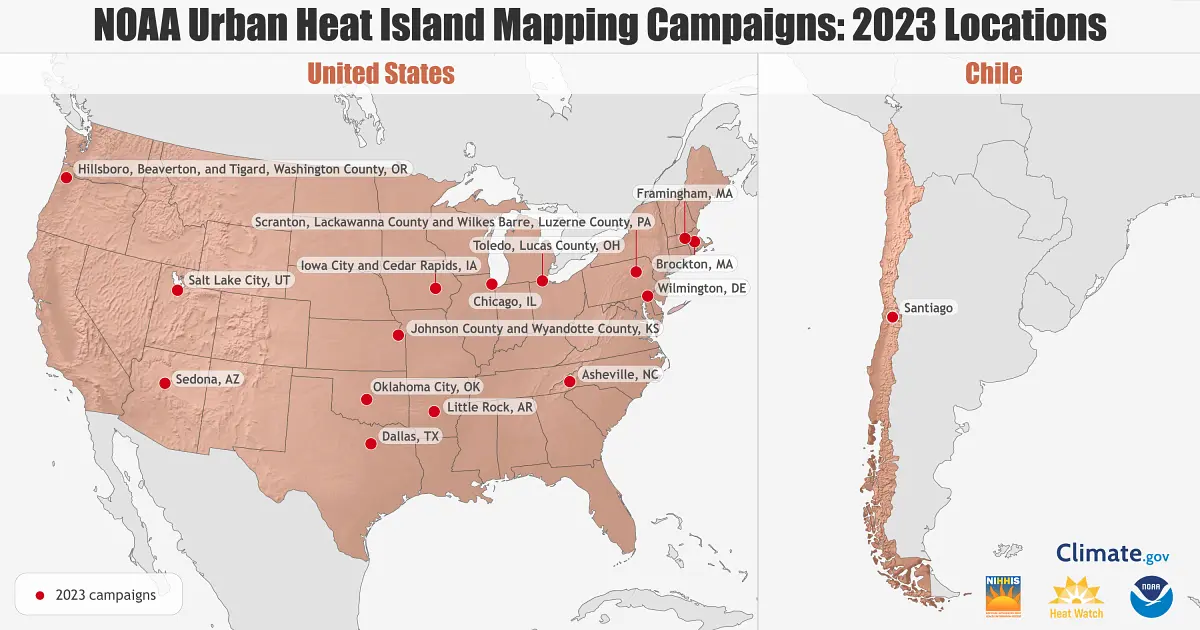The Challenge
Emerging global health risks, such as air and water pollution, extreme heat, and infectious disease outbreaks (including COVID-19), affect infectious and chronic disease morbidity and mortality rates and continue to challenge nations to achieve the established national and international health objectives. Understanding the dynamic processes of the Earth’s systems is essential to support the delicate balance of humans, animals, and the surrounding ecosystems and offer a sustainable framework for investment in research development and capacity building in environmental health.
The Solution
The use of Earth observation data among interdisciplinary and multi-agency teams can significantly advance scientific knowledge of existing public health threats to human, animal, and ecosystem health. Using the One Health concept, Earth and health science communities can leverage expertise, share Earth observation and health data and resources, and develop feasible action plans that ultimately promote population health across geographic regions.
Contributions to the global scientific workshops:
- WMO Study Group on Integrated Health Services: WMO Workshop on Climatological, Meteorological, and Environmental Factors in the COVID-19 Pandemic (August 2020), the First Report of the WMO COVID-19 Task Team: Review on Meteorological and Air Quality Factors Affecting the COVID-19 Pandemic (March 2021), WMO COVID-19 Task Team Virtual Roundtables (June and September 2021).
- Belmont Forum: Belmont Forum’s Collaborative Research Actions on Climate, Environment, and Health in the Americas Workshop (August 2021).
- Special Edition webinars with Regional GEOs: AfriGEO (March 2022), AmeriGEO (August 2020-present), EuroGEO (June 2023).




